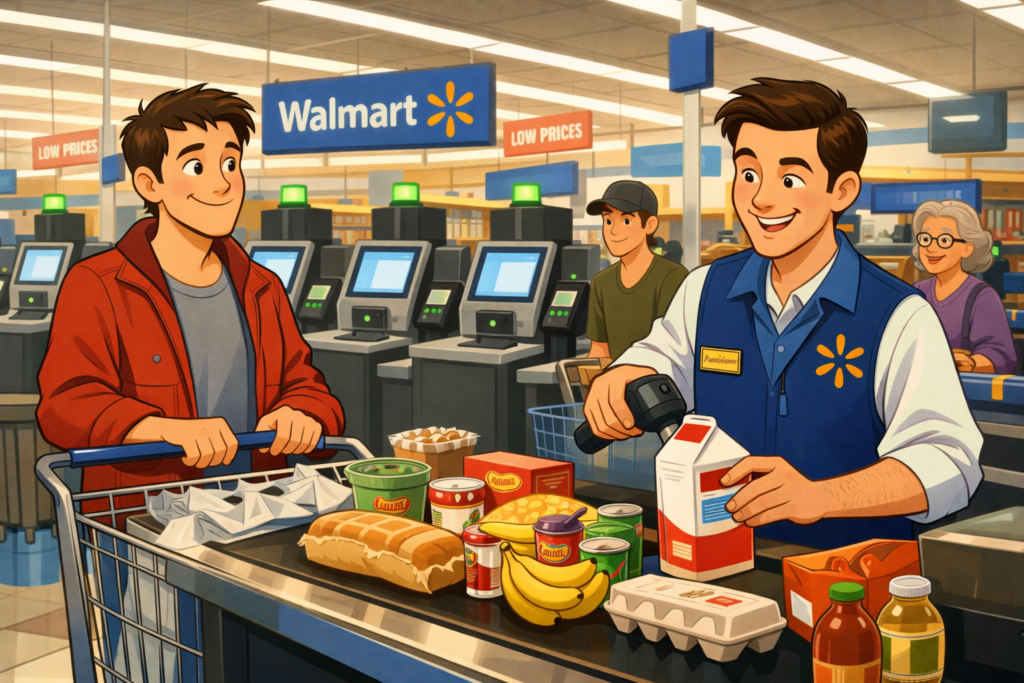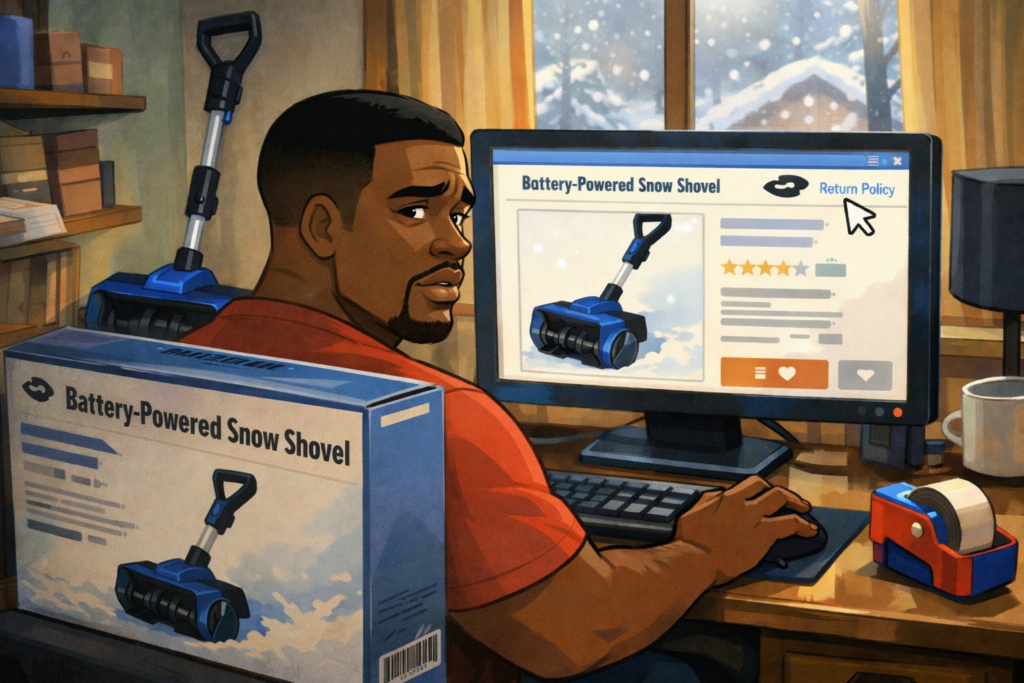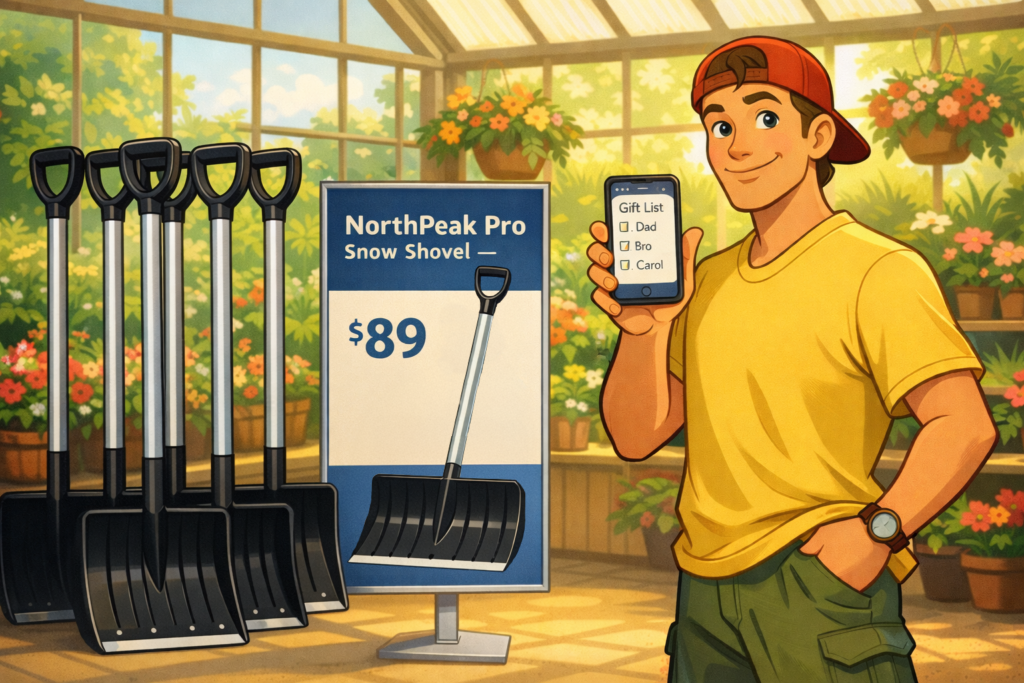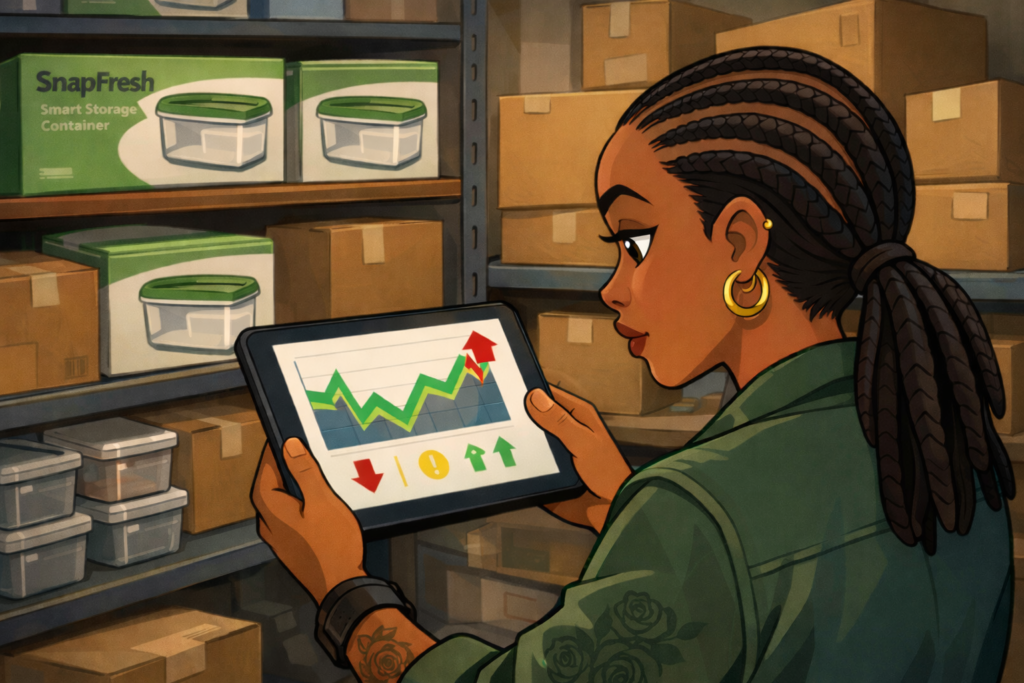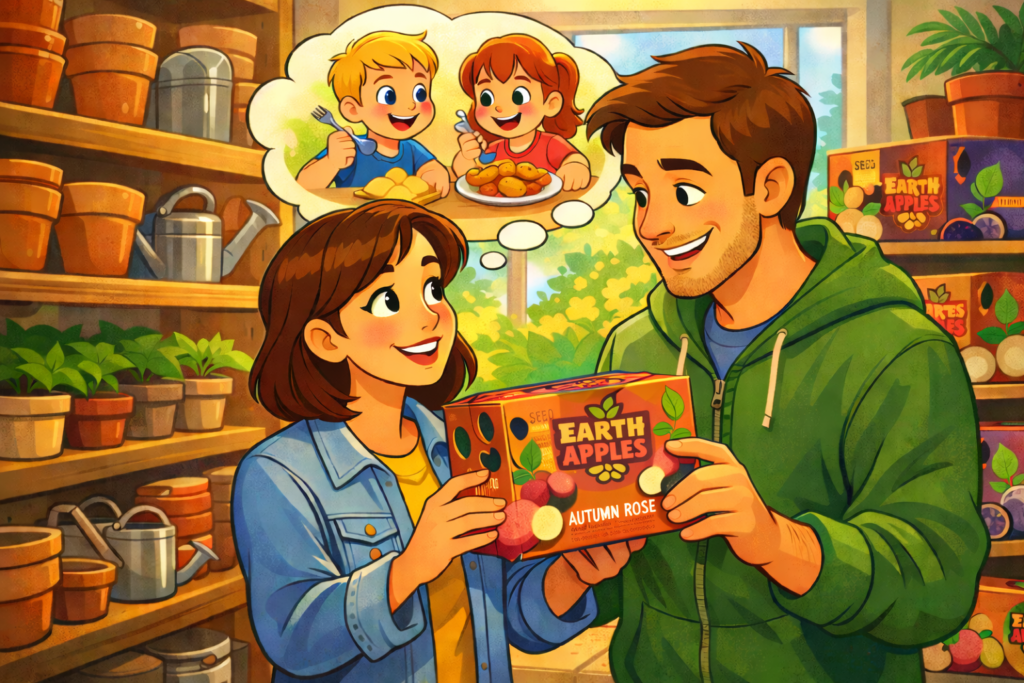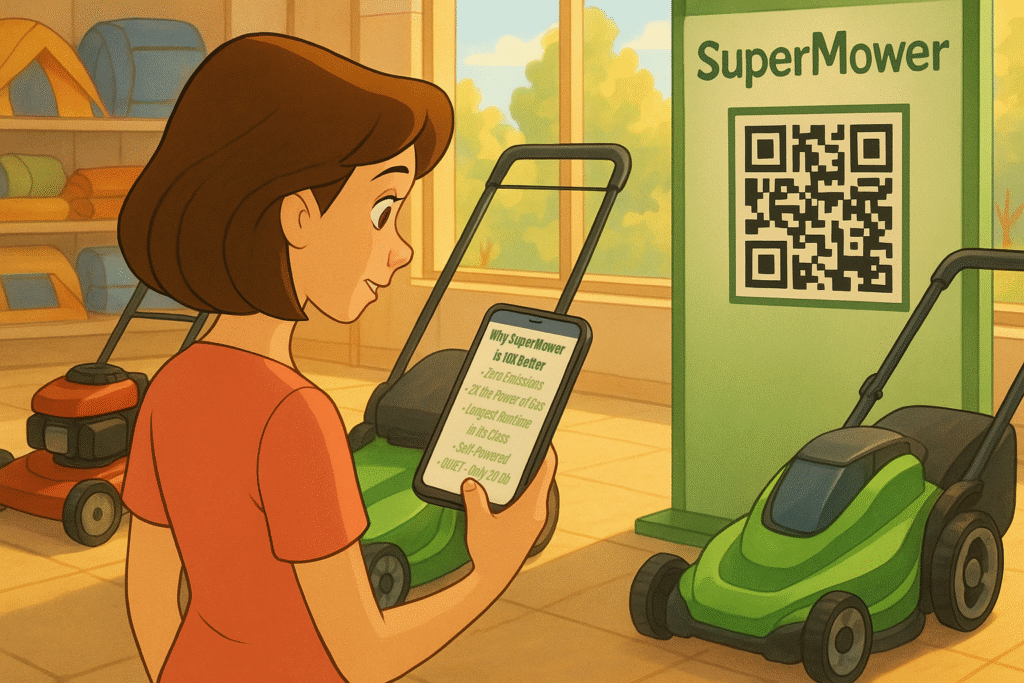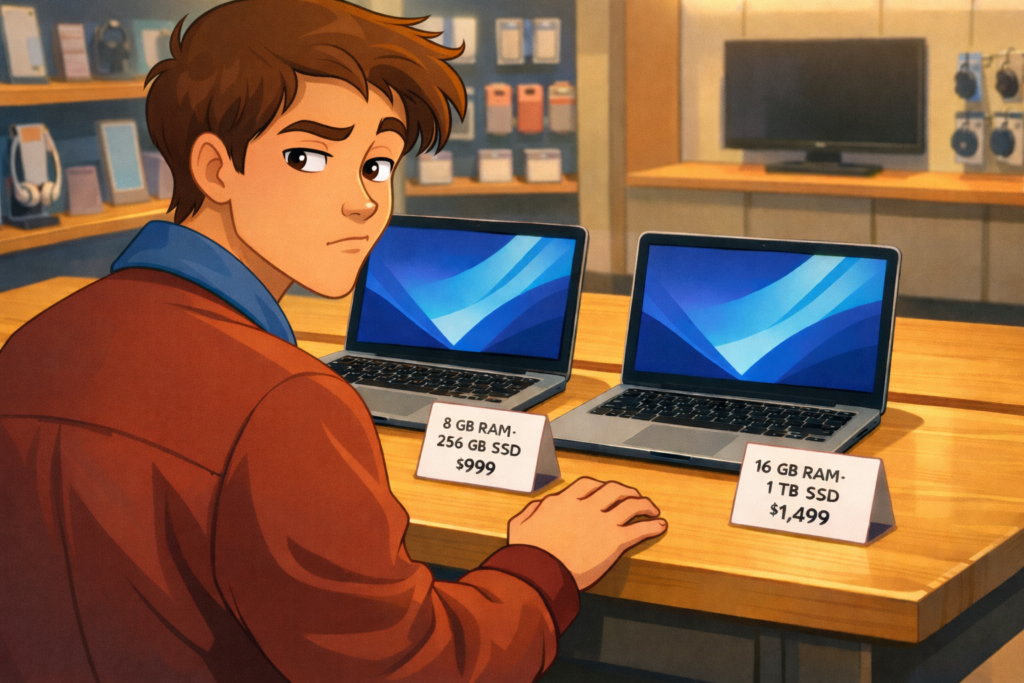Too many returns can mean buyers aren’t getting the information they need. I worry about returns because they cost my clients real money. In shipping and restocking, plus waste, write-offs, and margin erosion that never shows up in the ad dashboard. And yet platforms like Shopify and Amazon promote easy returns as if we seriously want everyone to use them. Retail returns in the U.S. will surpass $850,000,000,000 in 2026. (I wrote the number out because “$850 billion” doesn’t do it justice!)...
3 days ago • 1 min read
When a category disappears, it leaves behind memories. And new opportunity. I have piles of memories tied to frozen cylinders of juice. My first lemonade stand. Stirring and stirring in the kitchen or on a picnic table until the icy block finally dissolved. Later, keeping a tube in the freezer for making orange sauce … or just the comfort of knowing fresh-tasting juice was always available. We have not bought one in years. Over a decade, for sure. Now Minute Maid, owned by Coca-Cola, is...
4 days ago • 1 min read
A reader asked a smart question about whether seasonality still matters for products built around gifts or specific times of year. Shara from Austin wrote after my post Selling No Longer Moves in Seasons and asked, in part: “How about businesses with a very strong seasonal or gift-buying purpose? We still see clear off-season drops, even if peaks are harder to predict.” She’s right. Some products will always have strong seasonal gravity. Snow shovels probably won’t explode in July. (I hope...
5 days ago • 1 min read
Some physical products (and their customers) benefit from never feeling fully “sold.” I’ve worked with a company that sells a wellness hardware product with a subscription model … and the interesting part isn’t the monthly price. It’s how many things the model solves. Lower monthly access removes upfront hesitation that keeps capable buyers on the sidelines. It democratizes the product, making it feasible to more people who need it. Refurbished units become a strength instead of a liability,...
6 days ago • 1 min read
Buyers aren’t idiots, and they know it. An appliance retailer near me ran ads reminding consumers that the expected life of a dishwasher is five years. A salesperson in a big-box store told me the same thing about a refrigerator. Five years. That framing is absurd. My grandmother’s first dishwasher lasted over fifty. Her fridge too. Pretending modern buyers should accept radically shorter lifespans (plainly for their own gain) is condescension, not realism. And buyers feel it. Here are the...
7 days ago • 1 min read
Demand is now reacting in hours … not months. New retail data out of 2025 shows something uncomfortable for planners. Buying behavior has become a lot less seasonal and way more volatile. Shopping patterns now shift hour to hour. Promotions start earlier and earlier as retailers chase confidence that never quite settles. This a genuine behavioral change. The Robin Report describes a retail environment where timing assumptions no longer hold. Holiday peaks blur. Launch windows stretch or even...
8 days ago • 1 min read
Going public has warped how we talk about growth. And that’s a problem. When brands like Peloton hit a ceiling, shareholders get pissed. The assumption is that growth should ALWAYS continue, that demand can be endlessly expanded by adding buyers, spinoffs, or complexity. That assumption is wrong for most physical products. I have a client called Earth Apples. They sell colourful, truly amazing seed potatoes. The parent company does well in the ag market, selling its many varieties to...
9 days ago • 1 min read
Most new offerings don’t fail because they’re bad, but because they’re nowhere near good enough. In I Need That, I talk about the 10X Revelation: the jarring truth that an innovative product or service must be at least ten times better than whatever buyers are already using. Not “noticeably better.” Not 20% better or twice as good. Ten times. It sounds extreme until you look at the psychology. Harvard Business School professor John Gourville showed that consumers overvalue what they already...
10 days ago • 1 min read
Some part shortages fly under the radar. This one doesn’t. Over the last year or so, computer memory stopped behaving like a boring tech commodity. Prices spiked and lead times stretched, sometimes ridiculously for both. Consumers started noticing which devices suddenly jumped price tiers, or didn’t. The 2024–2026 global memory shortage is not a factory fire or a shipping hiccup. Capacity has been structurally reallocated toward high-margin AI and data-center use. At the same time, many...
11 days ago • 1 min read
